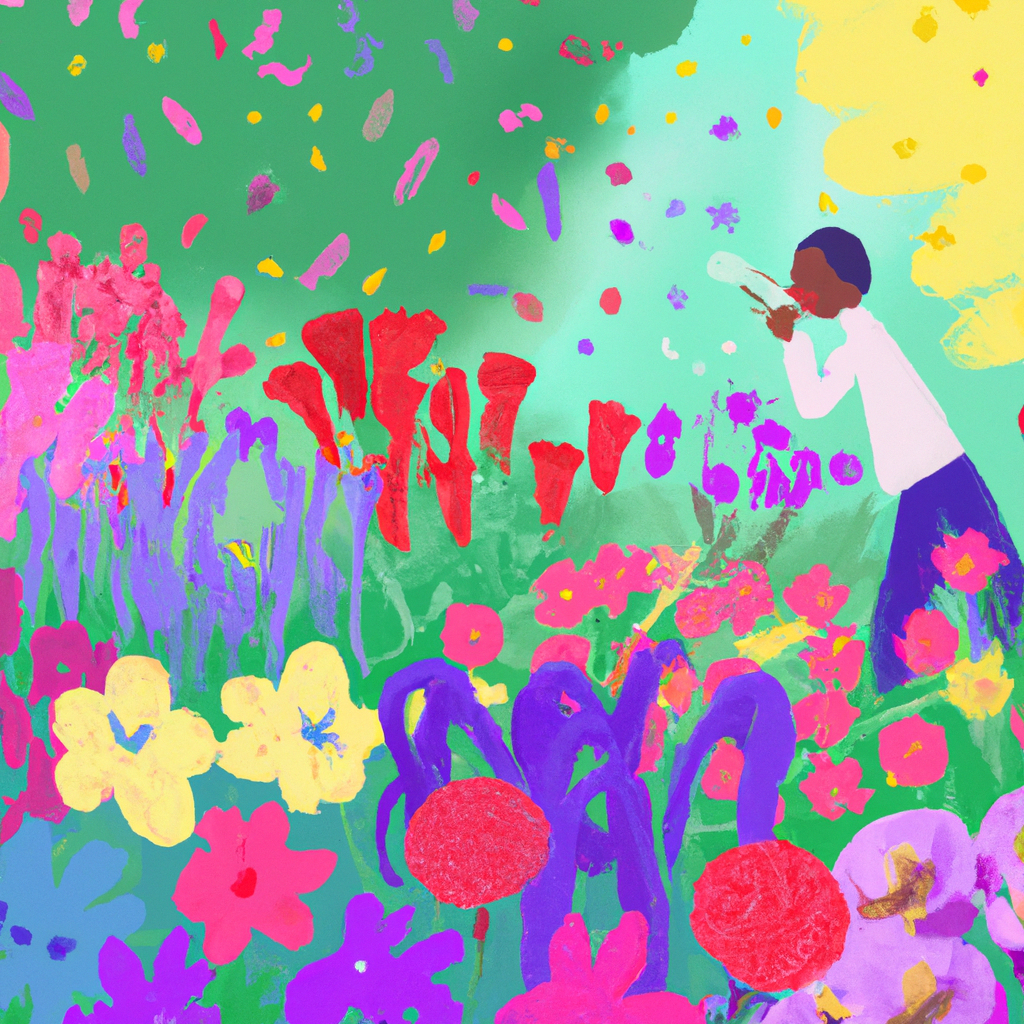When we think of flowers, we often envision vibrant colors and inviting scents that enhance our environment. However, for some individuals, flowers can be a source of discomfort due to allergies. Allergic reactions to flowers, although less common than allergies to pollen from trees, grasses, or weeds, can indeed affect susceptible people. Understanding which flowers are more likely to trigger allergies, the symptoms involved, and how to manage these allergies can help reduce discomfort and improve quality of life.
What Causes Allergic Reactions to Flowers?
Allergies are triggered when the immune system incorrectly identifies a harmless substance as a threat, leading to an allergic reaction. In the case of flowers, the main culprits are pollen grains. Although the large, colorful flowers that most people keep in their homes produce pollen, these grains are usually larger and stickier, meaning they are not easily airborne. Therefore, they are less likely to cause allergic reactions compared to the fine, powdery pollen produced by plants that rely on wind for pollination.
Common Culprits
Despite the lesser likelihood of causing allergies, some flowering plants can still trigger reactions. Flowers with highly allergenic pollen that might cause allergies include:
- Daisies: While beautiful, they belong to the Asteraceae family, which is known for producing allergenic pollen.
- Chrysanthemums: Similar to daisies, chrysanthemums can also induce allergic symptoms due to their pollen.
- Sunflowers: Another member of the Asteraceae family, sunflowers can be problematic for allergy sufferers.
- Jasmine: The strong fragrance of jasmine can also trigger reactions, primarily due to scent sensitivity or chemical components in the fragrance.
Furthermore, some people might experience contact dermatitis from handling plants or flowers, which is a form of skin allergy.
Symptoms of Floral Allergies
Symptoms of allergies caused by flowers can range from mild to severe and typically include:
- Nasal symptoms: Sneezing, runny or stuffy nose
- Eye symptoms: Red, itchy, or watery eyes
- Respiratory symptoms: Wheezing, shortness of breath, or asthma exacerbation in individuals with asthma
- Skin reactions: Redness, itching, or hives upon contact with the skin
Managing Flower-Related Allergies
Managing allergies to flowers primarily involves avoidance of the allergens. Here are some strategies:
- Choosing hypoallergenic flowers: Opt for flowers that are less likely to trigger allergic reactions, such as roses, which have larger, heavier pollen that is less likely to become airborne.
- Maintaining distance: Keep a good distance from known allergenic plants, especially on windy days when allergens could be dispersed in the air.
- Reducing indoor flowers: Limit the number of flowering plants indoors, especially in sleeping areas.
- Using air purifiers: Improve indoor air quality with air purifiers that can remove allergens from the air.
- Medical management: For symptomatic relief, consider over-the-counter allergy medications after consulting with a healthcare provider.
In conclusion, while flowers can brighten up spaces and moods, they can also trigger allergies in sensitive individuals. By identifying problematic plants, avoiding exposure, and implementing strategies to mitigate symptoms, those affected can still enjoy the beauty of flora without unnecessary discomfort.
Shop our selection of fresh flowers today. We grow our own to make it affordable floral arrangements for you without sacrificing quality or flower count. Order for same day flower delivery in Christchurch today.
